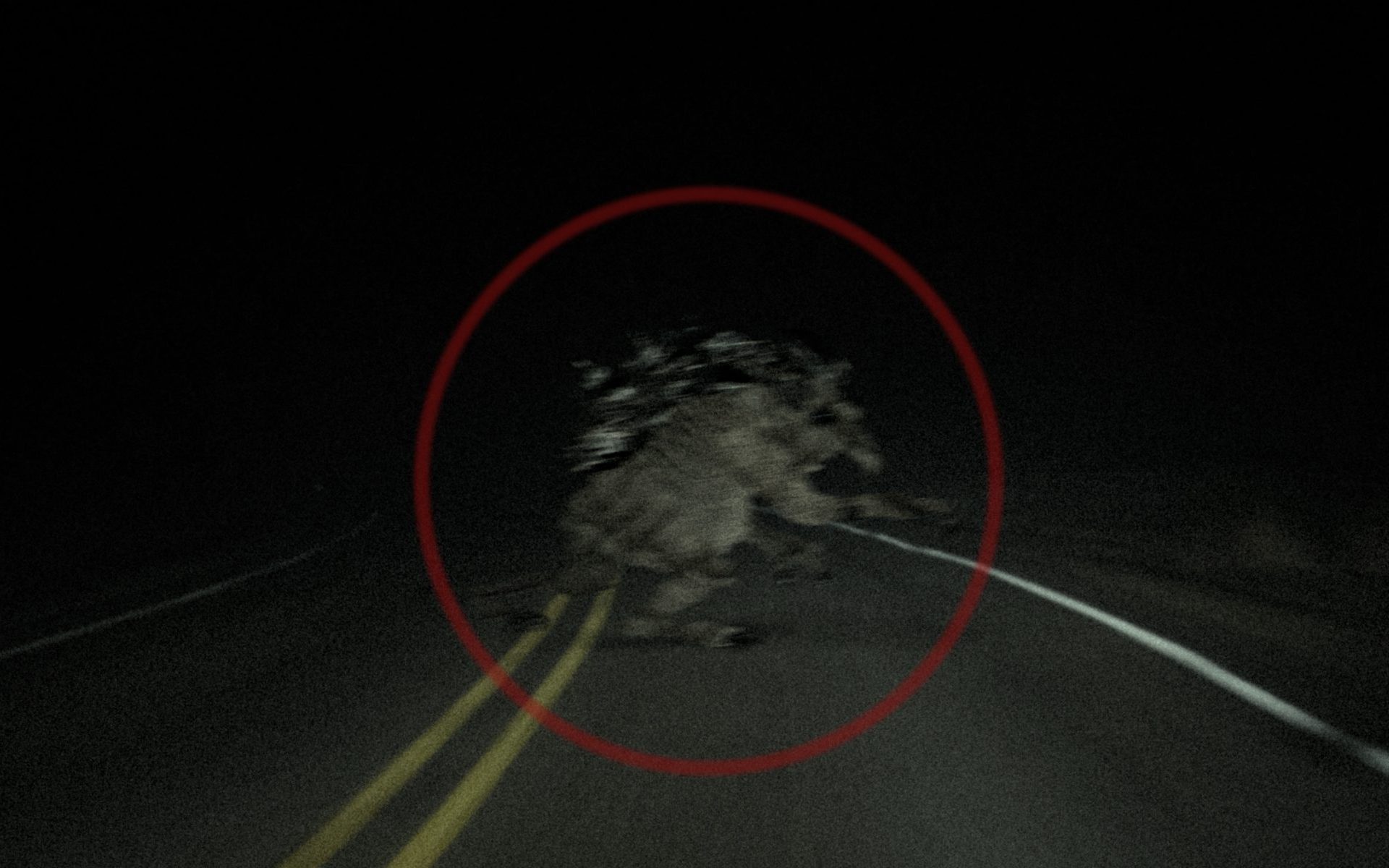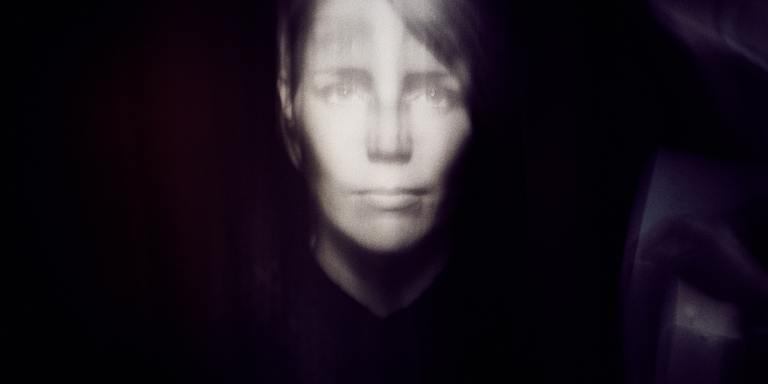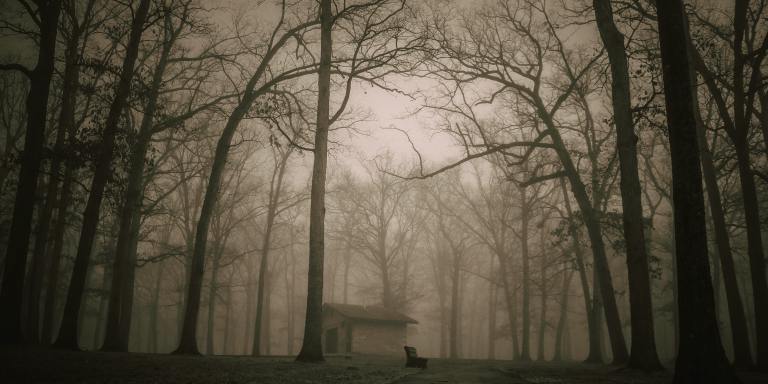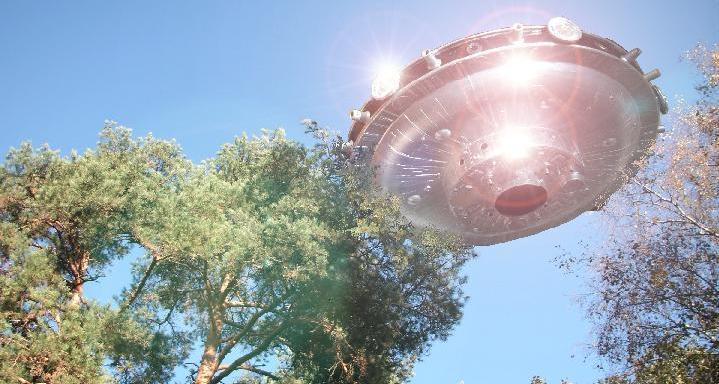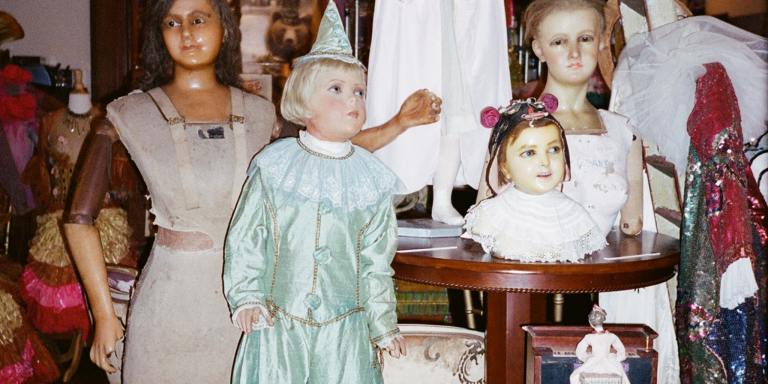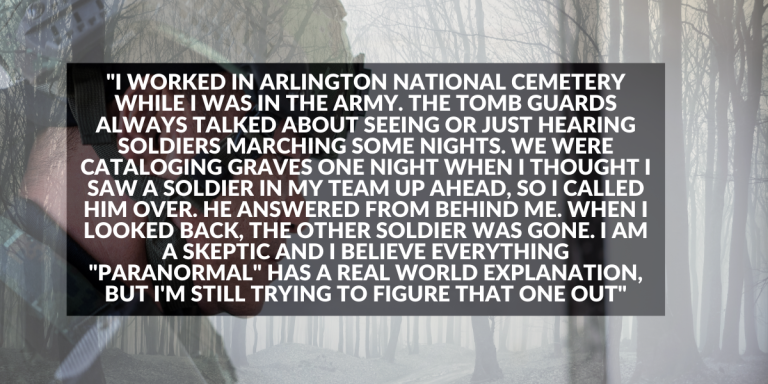A Pukwudgie might be small, but it is deadly.
The Pukwudgie, Explained
[*] Pukwudgies are magical creatures who live inside wooded areas and swamps. They are considered spirits of the forest.
[*] Pukwudgies can appear and disappear at will, confuse humans, create fire, launch poison arrows, use magic, and lure people to their deaths.
[*] Pukwudgies have the ability to shapeshift into dangerous animals, like cougars. They can also turn themselves into a combination of creatures and look half-human, half-porcupine if they choose.
[*] If you spot a Pukwudgie, you should leave it alone. Anyone who annoys one will be followed around by the creature and will either fall victim to its nasty tricks (like being stalked and having their memories forgotten) or they will meet a much deadlier ending.
[*] If you annoy a Pukwudgie, then they might kidnap your children, push you off a cliff, attack you with their short knives and spears, use sand to blind you, or persuade you to commit suicide.
[*] Pukwudgies resemble humans, except they are much smaller, have a canine-like nose, and have larger ears, lips, and fingers. They have been compared to trolls, goblins, and leprechauns.
[*] Pukwudgies are commonly found in areas with other forms of paranormal activity. They have been sighted near Fall River, which is close to the home of Lizzie Borden, the axe murderess. They have also been sighted in the haunted Moundsville State Penitentiary in Indiana and Round Rock in Texas where Bigfoot allegedly lives.
[*] The exact height of Pukwudgies is unknown. Some witnesses claim they only reach two to three feet, but others believe they are knee-height.
[*] Native Americans believed that Pukwudgies used to get along with humans, but then turned against them.
[*] Legend says the reason Pukwudgies hate humans is because of the Wampanoag tribe. They adored Maushop the giant and were irritated by the Pukwudgies in the area who they considered a nuisance, even though the creatures were only trying to be helpful. The tribe asked the giant to get rid of the Pukwudgies, so he threw them out of the area, slaughtering some in the process.
Si pones Pukwudgie en google imagenes sale esto pic.twitter.com/85fFDiGbSw
— alex duck 🍑 COMMISSIONS (@Stumkes) July 1, 2016
[*] Pukwudgie translates to person of the wilderness. Another common name used interchangeably is bagwajinini.
[*] Pukwudgies are the oldest mythical creatures in North America. Stories of Pukwudgies originated from the Wampanoag, Mohican, and Algonquin Indians. They believed the creatures dwelled in the woods and marshes of the Eastern Seaboard.
[*] Different regions have different views on Pukwudgies. Great Lake tribes believe they are mischievous but harmless. Northeast Algonquian tribes believe they will become violent if they are disrespected, but are fine if they are left alone.
[*] There have been a significant amount of Pukwudgie sightings in the woods of Massachusetts. The police have gotten so many reports that a Pukwudgie Crossing sign was erected near the Freetown State Forest.
[*] Pukwudgies have smooth, gray skin that sometimes glows.
[*] One woman claims she came across a Pukwudgie while walking her dog through the woods. Even though she left it alone and went home, the creature would commonly appear at her window and wake her up. These occurrences continued until she moved away.
[*] One man claims he saw a Pukwudgie with fur, glowing red eyes, and a nose like a wolf. When it ran away from him, it released a disturbing moan.
[*] Even though their appearance is off-putting, Pukwudgies have a sweet, floral scent.
[*] The Song of Hiawatha, an epic poem by Henry Wadsworth Longfellow, mentions Pukwudgies. It was published in 1855.
“Far and wide among the nations
Spread the name and fame of Kwasind;
No man dared to strive with Kwasind,
No man could compete with Kwasind.
But the mischievous Puk-Wudjies,
They the envious Little People,
They the fairies and the pygmies,
Plotted and conspired against him.”
[*] Puckwudgies also appear in the Harry Potter series, written by J.K. Rowling. The creature now acts as a symbol and house at Ilvermorny School of Witchcraft and Wizardry. ![]()
